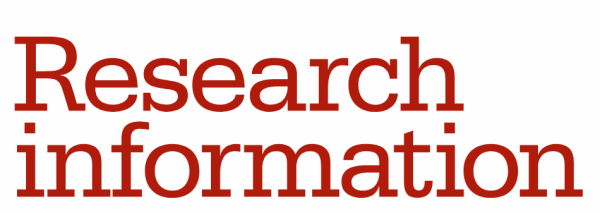Tuesday 11 October 2022, 2pm BST
Preparing for the REF is a mammoth task, with over 76,000 staff from 157 institutions submitted (an increase of over 45%), and over 185,000 research outputs assessed during the latest round. To complicate matters further, the way outputs are structured and submitted can change considerably between rounds, necessitating a complete rethink of processes. According to a 2021 survey paper from RAND Europe, “The most frequently mentioned reason for the negative attitudes to the REF is the excessive burden it created in terms of time, resources, and workflow required to complete the REF exercise for both academics and administrators”.
Now that the REF results are out and the dust has settled, it’s time to reflect on what worked well and what could be improved upon for next time. In this webinar we will speak to representatives from University College London, University of the Arts London and University of Essex on how their teams approached the REF, how technology helped them tackle the exercise, and how many times they cried during the process.
Speakers:
- Manya Buchan, Symplectic
- Phineas Wenlock, University of Essex
- Mark Hibbett, University of the Arts London
- Adam Cresswell, University College London
